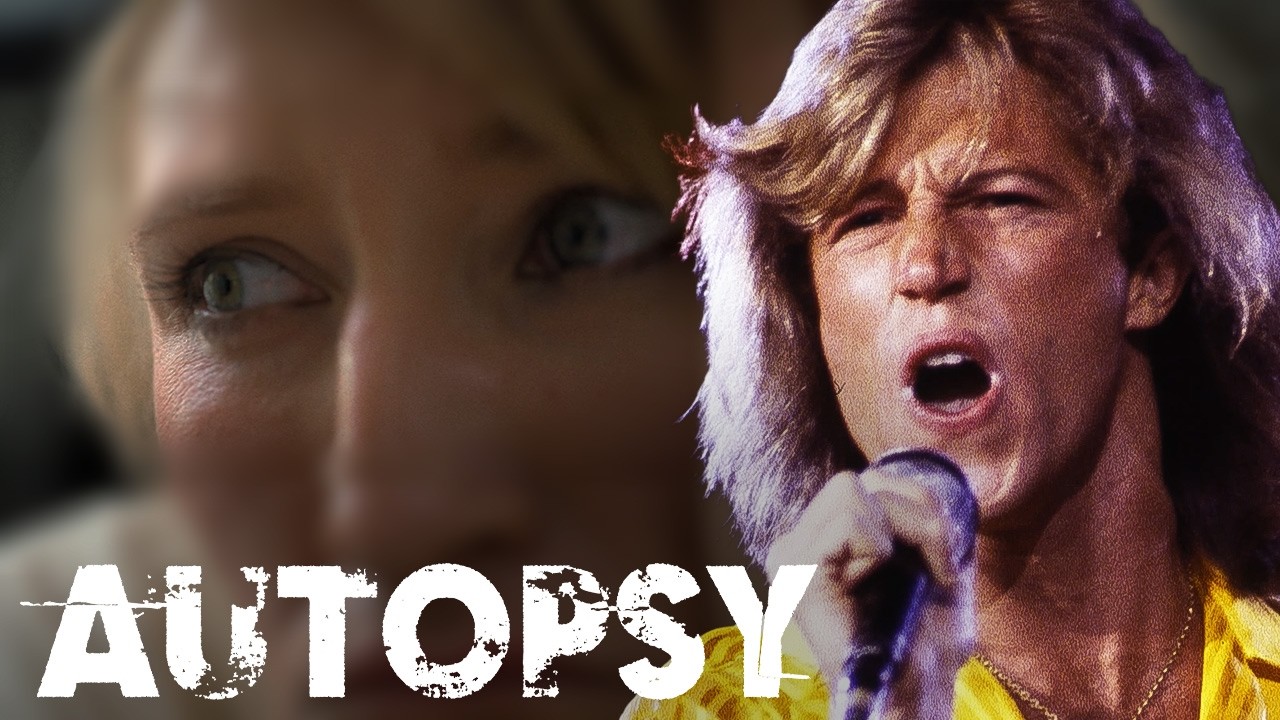
“The Tragedy Behind the Stardom: What Really Killed Andy Gibb?”
Andy Gibb, the youngest brother of the famed Bee Gees, was once hailed as one of the brightest stars of his generation. With smooth vocals, captivating charm, and the unrelenting support of pop culture’s most recognizable family, Andy soared to global fame in his late teens, achieving a rare distinction—his first three singles all hit No.1 on the U.S. charts. Yet, behind the shimmer of success was a young man wrestling with inner turmoil, self-doubt, and ultimately, physical afflictions that would claim his life at the age of just 30.
Born in 1958 in Manchester, England, Andy was thrust into an environment saturated with music. His older brothers—Barry, Robin, and Maurice—had already laid a foundation for international stardom as the Bee Gees. Andy admired them deeply and dreamed of one day joining their ranks. While he never became a permanent member of the group, he carved out a solo career that turned him into a teenage idol virtually overnight.
At 19, Andy topped the charts with “I Just Want to Be Your Everything,” written by Barry Gibb. His follow-ups, “(Love Is) Thicker Than Water” and “Shadow Dancing,” also hit No.1, solidifying his unprecedented chart debut. However, while fans saw a confident performer, Andy privately struggled with feelings of inadequacy. He reportedly believed his success was handed to him, not earned, and he lived in constant doubt that he deserved fame.
This impostor syndrome slowly chipped away at his self-esteem, affecting not only his work but also his relationships. Though he married young and fell in love publicly with well-known actresses, including Victoria Principal, Andy lived much of his life feeling emotionally unmoored and unworthy. His heartbreak, particularly over his breakup with Victoria, pushed him into deeper emotional and physical decline.
Over time, these mental health challenges were compounded by heavy drinking and substance use, particularly cocaine, which was rampant in the entertainment industry during the late ‘70s and early ‘80s. Though clean at the time of his death, Andy’s past habits had significantly damaged his body. As forensic pathologist Dr. Michael Hunter suggested, his heart may have already been compromised well before the final blow struck.
In March 1988, just days after his 30th birthday, Andy began experiencing severe abdominal pains and chest discomfort. Despite appearing physically fit and healthy in earlier public performances, a closer look reveals the classic symptoms of a much deeper problem. Lethargy, collapse during press tours, and shortness of breath were likely signs of an early developing condition that went unrecognized.
The official cause of death was myocarditis, an inflammation of the heart muscle, which led to heart failure. While this condition can be triggered by a viral infection—even something as common as the flu—it was likely worsened by years of drug and alcohol abuse that had weakened his immune system and cardiovascular strength. Adding to the mystery is that his system was reportedly clean of drugs and alcohol when he died.
There was also speculation about a genetic predisposition to gastrointestinal conditions—both his brothers Maurice and Robin later experienced severe intestinal issues. But no concrete evidence ties these ailments directly to Andy’s myocarditis, leaving the viral explanation as the most plausible conclusion.
Despite the tragedy of his early death, Andy Gibb’s legacy lives on. His meteoric rise remains unmatched—he was the first male solo artist to have three consecutive debut singles reach No.1 in the U.S. Even legends like Elvis didn’t achieve that feat. Those close to him remember Andy not for the struggles that eventually overtook him, but for the joy, talent, and warmth he shared with the world.
In the final analysis, Andy Gibb’s life story is a poignant tale of fame, pressure, and unhealed emotional wounds. His untimely passing was not solely the result of one cause but rather a culmination of mental anguish, physical exhaustion, and the harsh reality of a star who was always reaching for a sense of self that he never quite found.